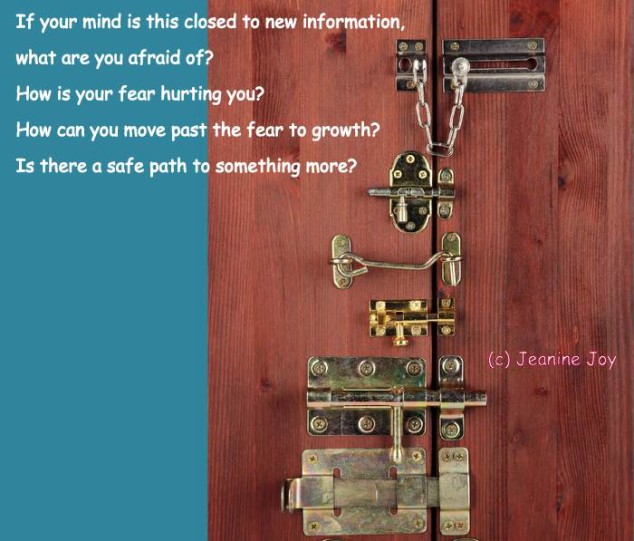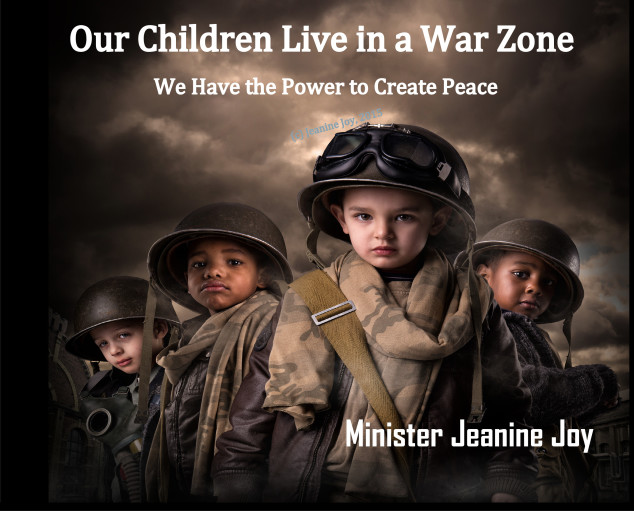Are you confused by the Happiness Movement?
Are you confused by the happiness movement?
Are you one of the people who believe the Happiness Movement is telling you that you should pretend everything is okay and ignore what is actually happening?
Let me help you understand the research and what the happiness movement encourages and why.
Some people pretend to be outwardly positive but it is not how they really feel. It isn’t good for them. This group is small in comparison to other groups who are positively focused because they use skills to authentically feel positive emotions—they aren’t faking positive emotions.
Positive Psychology
Since Martin E. P. Seligman, the Father of Positive Psychology encouraged psychologists to begin studying what makes humans do well instead of just studying pathology (things that have gone wrong). Great strides have been made in understanding how to thrive, or flourish, as Dr. Seligman refers to it. Human minds and bodies function better when we are positively focused.
Emotions and Emotion Regulation
Because of research, the very definition of the purpose of emotions has been re-defined.[1] We now know that the purpose of emotions is to let us know how stressed we are so that we can do something about it. Our minds and bodies are not designed to function optimally when we are chronically stressed. Negative emotion tells us that we are stressed. The worse the negative emotion, the more stress is being experienced. Positive emotions let us know that we are not stressed.
Emotions are a sensory feedback system designed to guide our behavior.[2] Because we have misinterpreted their meaning, partially because of research published in 1939, emotions weren’t (and for most people, still aren’t) serving the purpose for which they were designed.[3][
Basically, emotions serve a function similar to our other senses.When you eat something good for you, it tastes good. Many poisonous substances taste bad. When your stress level is good for you, it feels good. When you are too stressed, you feel bad.
When you touch something and it hurts you, you now that touching it is not good for you. In the same way, when your perspective about a topic hurts emotionally, the perspective you chose about that subject is not good for you. Note that it is your perspective, not necessarily anything wrong with the situation that determines if you hurt.
Finally, researchers in fields as diverse as medical science, sociology, biochemistry, psychoneuroimmunology, quantum physics, psychology, positive psychology, psychiatry, emotion regulation, motivation theory, organizational behavior, and more have added to the body of knowledge that tells us that humans have greater success in every area of life when they experience more positive emotions.
Authenticity is Important to Health
Authenticity is an important contributor to good health. Jobs that require emotional labor, such as putting on a positive front even when it is not authentic, lead to worse health outcomes for employees.[4], [5], [6], [7], [8]
The positivity movement does not encourage plastering a smile on your face when you are miserable. So, the Happiness Movement encourages you to use skills and strategies that allow you to authentically feel good more often.
Also, individuals who have more positive emotions live an average of 10.7 years longer based on two longitudinal studies that followed men and women for seven decades.[9], [10] Positively focused individuals do not spend as many years chronically ill before their death, even though they die at older ages.
As a result, we know, for sure, that positive emotion is good for us.
Wellness Benefits of Positive Emotions
The Happiness Movement began when researchers began learning about the benefits of experiencing fewer negative emotions and more happiness. Positive emotions lead to better outcomes in every area of life. Positive emotions indicate you are not stressed which is good news for your health. When viewed from a long-term perspective your mental health should be your first priority.
Mental health affects every aspect of your life. The Happiness Movement is based on research that demonstrated the benefits of experiencing more positive emotions, which improves both mental and physical health.
Good physical health:
- We automatically choose healthier foods when we feel good emotionally.
- We are less likely to exercise when we are stressed, even if we know exercise will help us feel better.
- We sleep better when we aren’t stressed and sleep is a critical component of good physical health.
- We eat higher fat and higher calorie foods when we are stressed.
- About 60% of people who still smoke cigarettes suffer from anxiety and use smoking to help them cope with anxiety.
Good behavioral health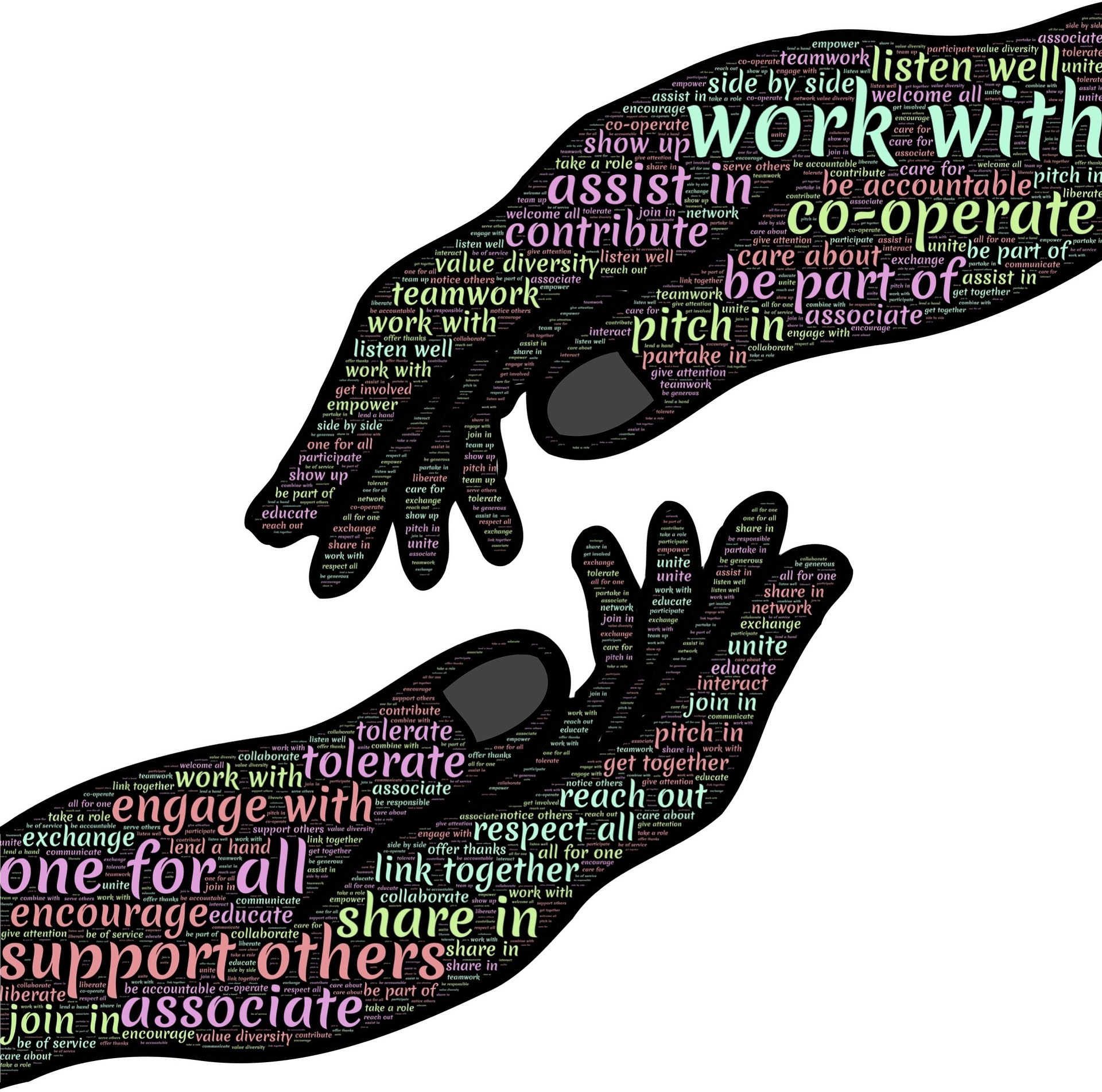
- People who are mentally healthy make more pro-health decisions about what they eat, exercise, sleep, and risky behaviors.[13]
- People who are mentally healthy are less likely to become involved in drug and alcohol abuse, suicide, self-harm, and crime, and violence[14], [15], [16], [17], [18], [19]
Better relationships including:
- Better romantic relationships
- Better relationships with their parents
- Better relationships with their siblings
- Better relationships with their children
- Better relationships with their friends
- Better relationships with co-workers
- Better relationships with bosses and subordinates
- Better relationships with their neighbors
Increased success in: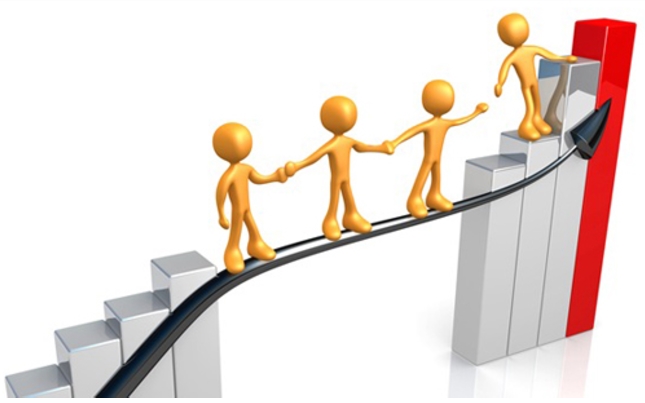
- Academics
- Sports
- Career
After reviewing all the research, the difference in lifetime earnings between the happiest and the least happy people is about $250,000. The interesting part of this is that we now know that happiness comes first. It is the reason I named Happiness 1st Institute as I did. When you’re happy first, every area of life is better!
You see that the Happiness Movement isn’t about wanting anyone to pretend they are happy. The Happiness Movement is about sharing research about what makes human thrive with everyone. For that reason, we help people learn emotion regulation and stress management skills that increase the frequency of positive emotions. Although you’ll be more cheerful and easier to get along with when you experience more positive emotions, that’s not the reason for the Happiness Movement.
The most noteworthy aspect of the research that supports the Happiness Movement is that it doesn’t matter which branch of science you look at for evidence, research from all of them support the conclusion that increasing positive emotions improve health and well-being.
Primary Prevention
Preventative medicine is what the Happiness Movement is all about. Primary Prevention is something that is designed to prevent illnesses and diseases from developing instead of waiting for them to show up before attempting to deal with them.
Primary prevention is a lot like the walls of a fortress–it keeps trouble out before it can cause a problem.
The most affordable and effective method of improving the health and well-being of large numbers of people is via Primary Prevention. Clean drinking water and waste treatment plants are both forms of Primary Prevention because they prevent illnesses and diseases from manifesting. It’s the same reason you wash your hands before you prepare food and the reason you want people to cover their mouths when they cough or sneeze. Primary Prevention is smart. The Primary Prevention encouraged by the Happiness Movement is the best of all because it prevents illnesses, diseases, and suffering and feels good, too!
For that reason, the Happiness Movement is about improving Public Health and well-being. Because all the new research has uncovered quite a few false premises that hamper success, education about the Happiness Movement is an important step.
Habits of Thought
Depending on where you are with respect to your mental health, putting your mental health first can mean many different things. Depending on your situation, taking care of your mental health can mean anything from going into a full-time resident program to deal with severe issues to simply deciding that you will prioritize your life in ways that support good mental health.
The first step is figuring out how you’re doing. Then make a plan to develop healthy habits of thought. We all think about 60,000 thoughts each day. Most of the thoughts we think aren’t thoughtful. That’s why it is so important to change our habits of thought.
Fighting against individual thoughts doesn’t accomplish or change much. Steps you may want to take could include:
-
- Developing Healthy Habits of Thought.
-
-
- Defined as habits of thought that research has repeatedly shown lead to optimal outcomes in the above areas of life.
-
- Avoiding or changing Unhealthy Habits of Thought.
-
-
- Defined as habits of thought that research has repeatedly shown lead to sub-optimal outcomes in the above areas of life.
-
- Developing or maintaining healthy self-esteem.
- Develop or maintain an internal locus of control.
-
-
- An internal locus of control is the belief that your thoughts, words, and actions affect the outcomes you experience,
-
- Learn the new definition of the purpose and use of emotions as a sensory feedback system designed to guide you toward self-actualization.[17]
-
-
- Learn how to apply the new definition of emotions to reduce stress and improve healthy habits of thought,[18]
-
- Develop or maintain healthy relationships with others including:
-
-
- Avoiding emotionally toxic environments and people.
- Being willing to let go of unhealthy associations.
- Making being happy as a higher priority than proving a point.
-
- Establishing goals in every area of your life.
- Self-compassion will help you feel better.
In conclusion, there are many paths that help you experience more authentic positive emotions.
Have more Fun
When you are mentally healthy, it is as if life’s rough edges are smoothed out. Life feels easier. It doesn’t mean you don’t face challenges. It means you are more capable of facing challenges and coming out whole and healthy on the other side of the challenge.
Your habits of thought can add to, multiply, subtract from, or divide the amount of stress you experience from a situation. Negative rumination adds to (and can potentially multiply) stress. When you learn how to regulate your emotions, you have more fun.
As a result, the better you feel, the better other areas of your life become. People like to spend time with people who are happy. Many people avoid unhappy people.
I’m sure you have noticed that not everyone responds to stressful situations the same way. People who do not become as stressed tend to be resilient. They are resilient because they have healthy habits of thought that make them feel more capable of dealing with life. Habits of thought can be changed. When an individual changes unhealthy habits of thought to healthier ones it creates transformational changes.
Unhealthy Habits of Thought
Life + Unhealthy habits of thought = stress
Unhealthy habits of thought include:
- Catastrophizing (or Awfulizing)
- Seeing problems as:
- Permanent
- Pervasive
- Personal
- Negative rumination or negative co-rumination
Healthy Habits of Thought
Life + Healthy habits of thought = less stress
Healthy habits of thought include:
- Realistic optimism
- Healthy self-esteem
- Self-compassion
- Using metacognition to think about what you are thinking and why and making adjustments to lower stress
- An internal locus of control
The research and strategies that support the Happiness Movement can make your life more of what you’ve always wanted it to be–fun and happy. If you’re faking happiness, try real happiness and you’ll never go back to faking it.
Your life and your emotions are up to you. That’s not wishful thinking. It’s science.
In conclusion, if you are ready to feel better, my latest book, Mental Health Made Easy: Maintain and Restore Your Mental Health: Develop Health Habits of Thought, The Smart Way to Permanently Reduce Stress provides information about how to develop healthy habits of thought. You’ll like Mental Health Made Easy because it does double duty as both a book and a workbook.
Click here for more information on research that supports my work.
I love the Happiness Movement! I want to Help. What can I do?
The most important thing you can do for yourself is to learn how to regulate your emotions in healthy ways.
The second most important thing you can do it to share information like this post with your friends and family. But don’t insist. If they aren’t ready, they will become more resistant the more you pressure them.
Instead, learn the skills and then they will ask you why you’re so much happier or why your life is going better. That is the best time to share the information because that’s when they are receptive.
Because sharing this information is so important, in 2019 I am going to walk from Santa Monica, California to Charleston, South Carolina on an awareness walk. We’re calling this cross-country trek the Joy Walk because this knowledge increases the amount of joy in people’s lives. You can follow the planning and the walk at the link. We’ll set up special social media accounts and updates daily. 
Finally, during the Joy Walk, I want to talk to as many people as possible. We want to speak at colleges, universities, high schools, and to organizations and city counsels, medical and mental health professionals. I hope to see you along the way.
Bibliography
American Academy of Pediatrics. (2012, October 22). Children with Mental Health Disorders More Often Identified as Bullies. Retrieved from aap.org: https://www.aap.org
Baumeister, R. F., & Beck, A. (1999). Evil: Inside Human Violence and Cruelty. New York: Henry Holt and Co.
Baumeister, R. F., Vohs, K. D., DeWall, C. N., & Zhang, L. (2007, May 16). How Emotion Shapes Behavior: Feedback, Anticipation, and Reflection, Rather Than Direct Causation. Personality and Social Psychology Review, 11(2), 167-203.
Boehm, J. K. (2012, July). The heart’s content: The association between positive psychological well-being and cardiovascular health. Psychological Bulletin, Epub April 2012, 138(4):655-91.
Cheung, F., Tang, C. S.-k., & Tang, S. (2011). Psychological capital as a moderator between emotional labor, burnout, and job satisfaction among school teachers in China. International Journal of Stress Management, 18(4), 348-371.
Clark, P. (2010, April). Preventing Future Crime With Cognitive Behavioral Therapy. National Institute of Justice Journal No. 265, 22-24.
Danner, D. D. (2001). “Positive Emotions in Early Life and Longevity: Findings from the Nun Study.” . Journal of Personality and Social Psychology., 804-13.
Dollard, J., Doob, I. W., Miller, N. E., Mowrer, O. H., & Sears, R. R. (1939). Frustration and aggression. New Haven: Yale University Press.
Gardner, W. L., Fischer, D., & Hunt, J. (2009). Emotional labor and leadership: A Threat to authenticity. The Leadership Quarterly, 20, 466-482.
Garland, E. L., Fredrickson, B., Kring, A. M., Johnson, D. P., Meyer, P. S., & Penn, D. L. (2010). Upward spirals of positive emotions counter downward spirals of negativity: Insights. Clinical Psychology Review, 849-864.
Glomb, T. M., & Tews, M. J. (2002). Emotional labor: A conceptual and scale development. Journal of Vocational Behavior, 64, 1-23.
(2013). Conceptualizing Emotional Labor: An Emotion Regulation Perspective. In J. J. Gross, A. A. Grandey, J. M. Diefendoff, & D. E. Rupp (Eds.), Emotional Labor in the 21st Century: Diverse Perspectives on the Psychology of Emotion Regulation at Work (pp. 288-294). Routledge.
Hofmann, S. G., Asnaani, A., Vonk, I. J., Sawyer, A. T., & Fang, A. (2012, October 1). The Efficacy of Cognitive Behavioral Therapy: A Review of Meta-analyses. Cognitive Therapy and Research, 36(5), 427-440.
Joy, J. (2017). Mental Health Made Easy: Maintain and Restore Your Mental Health: Develop Health Habits of Thought, The Smart Way™ to Permanently Reduce Stress. Concord: Thrive More Now Publishing.
Lépine, J.-P., & Briley, M. (2011). The increasing burden of depression. Neuropsychiatric Disorder Treatment, 7(Suppl 1), 3-7.
Lyubomirsky, S., & Porta, M. D. ((in press)). Boosting Happiness and Buttressing Resilience: Results from Cognitive and Behavioral Interventions. In J. W. Reich, A. J. Zautra, & J. Hall (Eds.), Handbook of adult resilience: Concepts, methods, and application. New York, NY, USA: Guilford Press.
McCarthy, B., & Casey, T. (2011). Get Happy! Positive Emotion, Depression and Juvenile Crime. American Sociological Associaion Annual Meeting. Las Vegas: UC Davis.
Okunda, M., Balán , I., Petry, N. M., Oquendo, M., & Blanco, C. (2009, December). Cognitive Behavioral Therapy for Pathological Gambling: Cultural Considerations. American Journal of Psychiatry, 166(12), 1325-1330.
Peil, K. (2012). (In press). Emotion: The Self-regulatory Sense. Global Advances in Health and Medicine, x(x), xxx-xxx.
Rosenberg, T. (2015, January 15). For Better Crime Prevention, a Dose of Science. The New York Times, p. The Opinion Pages.
Salami, S. O. (2007). Management of Stress among Trainee-Teachers Through Cognitive-Behavioural Therapy. Pakistan Journal of Social Sciences, 4(2), 299-307.
Shani, A., Uriely, N., Reichel, A., & Ginsburg, L. (2014). Emotional labor in the hospital industry: The influence of contextual factors. International Journal of Hospitality Management, 37, 150-158.
Stutzer, A., & Frey, B. S. (2006, April). Does marriage make people happy, or do happy people get married? The Journal of Socio-Economics, 35(2), 326-347.
Vaillant, G. E. (2012). Triumphs of Experience: The Men of the Harvard Grant Study.
Citations:
[1] (Baumeister, Vohs, DeWall, & Zhang, 2007)
[2] (Peil, 2012)
[3] (Dollard, Doob, Miller, Mowrer, & Sears, 1939)
[4] (Cheung, Tang, & Tang, 2011)
[5] (Gardner, Fischer, & Hunt, 2009)
[6] (Glomb & Tews, 2002)
[7] (Gross, 2013)
[8] (Shani, Uriely, Reichel, & Ginsburg, 2014)
[9] (Danner, 2001)
[10] (Vaillant, 2012)
[11] (Danner, 2001)
[12] (Lépine & Briley, 2011)
[13] (Boehm, 2012)
[14] (Lyubomirsky & Porta, (in press))
[15] (McCarthy & Casey, 2011)
[16] (Rosenberg, 2015)
[17] (Hofmann, Asnaani, Vonk, Sawyer, & Fang, 2012)
[18] (Clark, 2010)
[19] (Baumeister & Beck, Evil: Inside Human Violence and Cruelty, 1999)
[20] (American Academy of Pediatrics, 2012)
[21] (Hofmann, Asnaani, Vonk, Sawyer, & Fang, 2012)
[22] (Okunda, Balán , Petry, Oquendo, & Blanco, 2009)
[23] (Stutzer & Frey, 2006)
[24] (Lyubomirsky & Porta, (in press))
[25] (Garland, Fredrickson, Kring, Johnson, Meyer, & Penn, 2010)
[26] (Salami, 2007)
My latest book, Mental Health Made Easy: Maintain and Restore Your Mental Health: Develop Health Habits of Thought, The Smart Way to Permanently Reduce Stress provides information on how to develop healthy habits of thought.
(c) Jeanine Joy, 2018






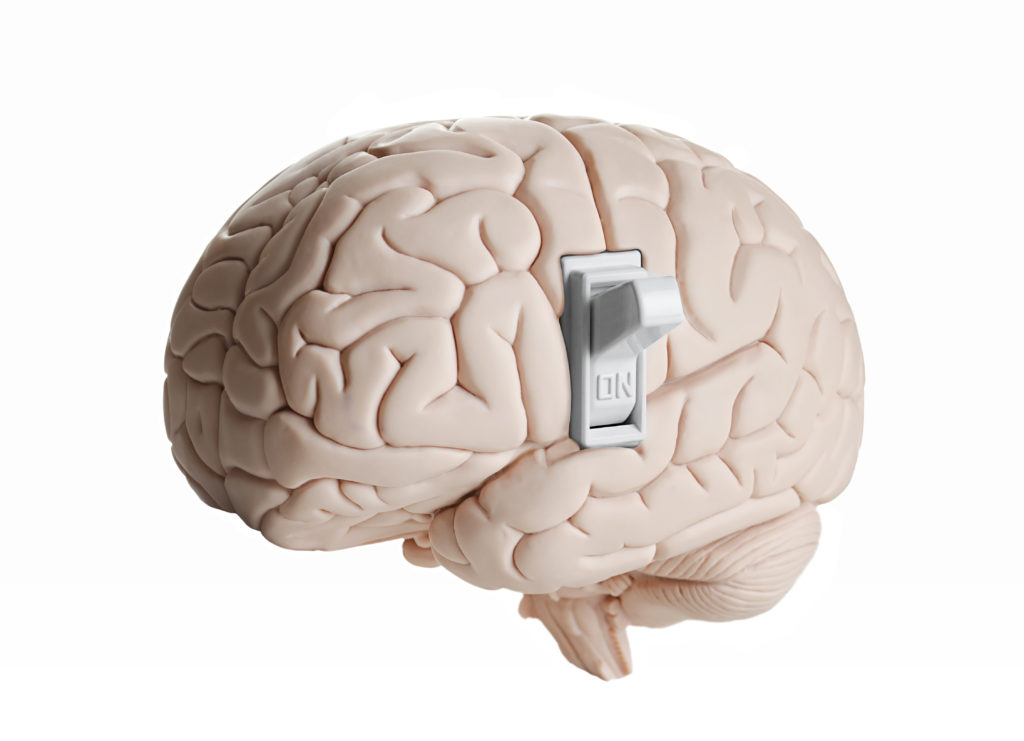
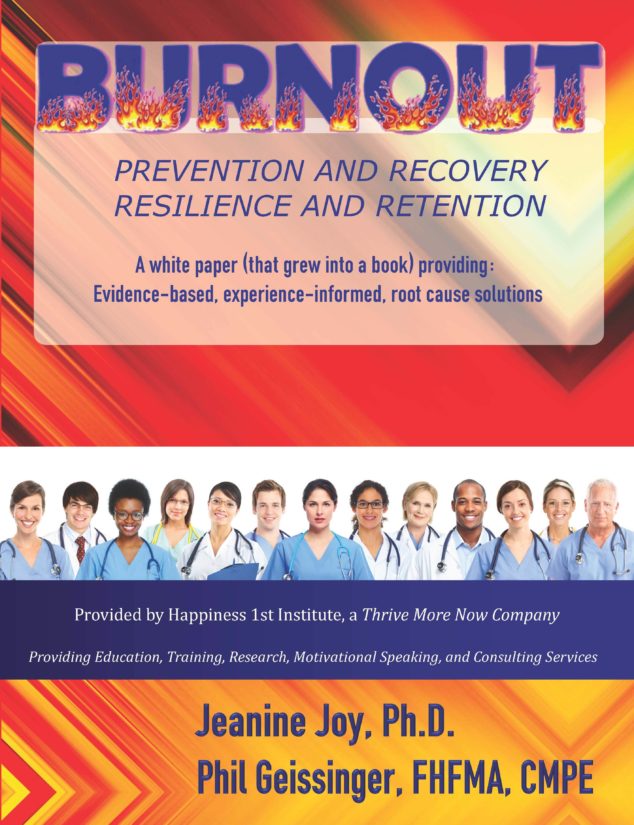
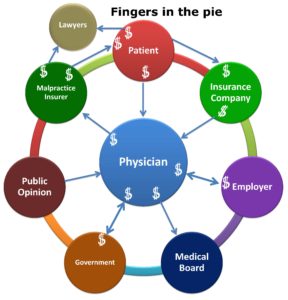

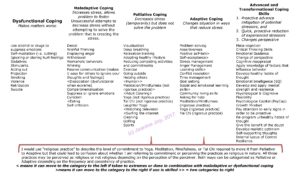









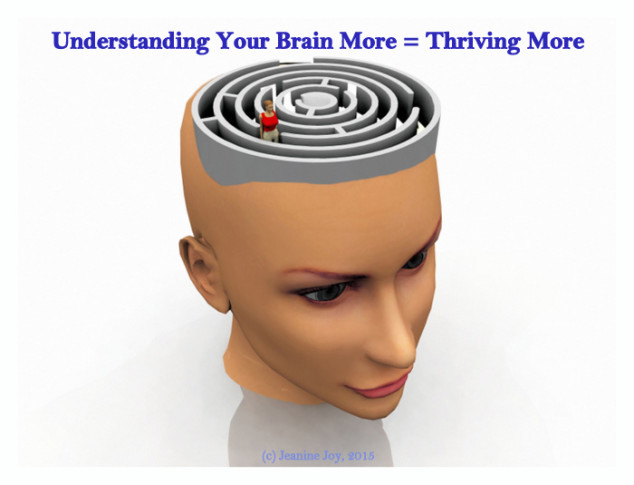

 If you deliberately focus only on what you like in pictures and as soon as you notice yourself finding something that you do not like you deliberately re-focus your attention on what you like, you will re-program your brain to find things you like.
If you deliberately focus only on what you like in pictures and as soon as you notice yourself finding something that you do not like you deliberately re-focus your attention on what you like, you will re-program your brain to find things you like.
